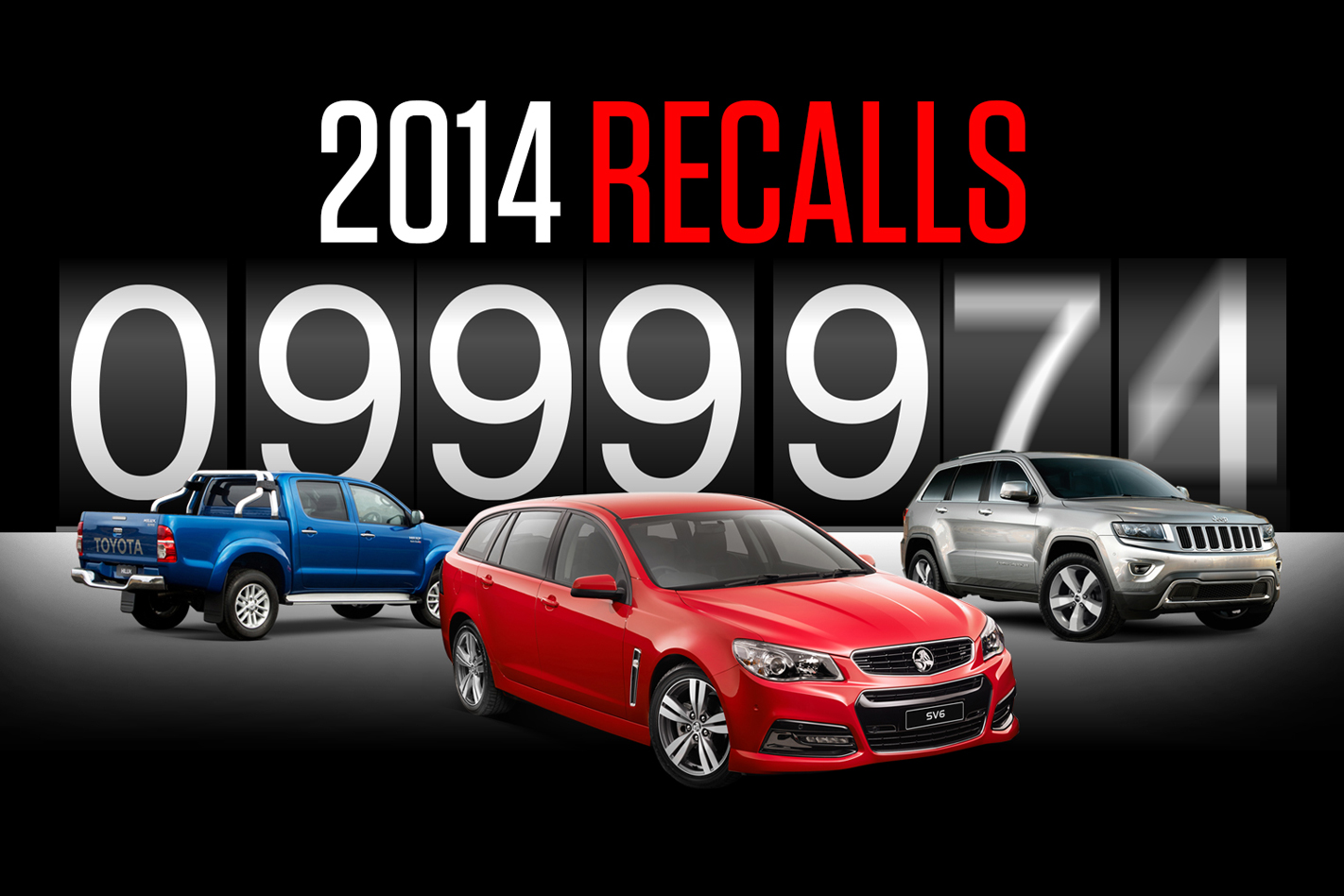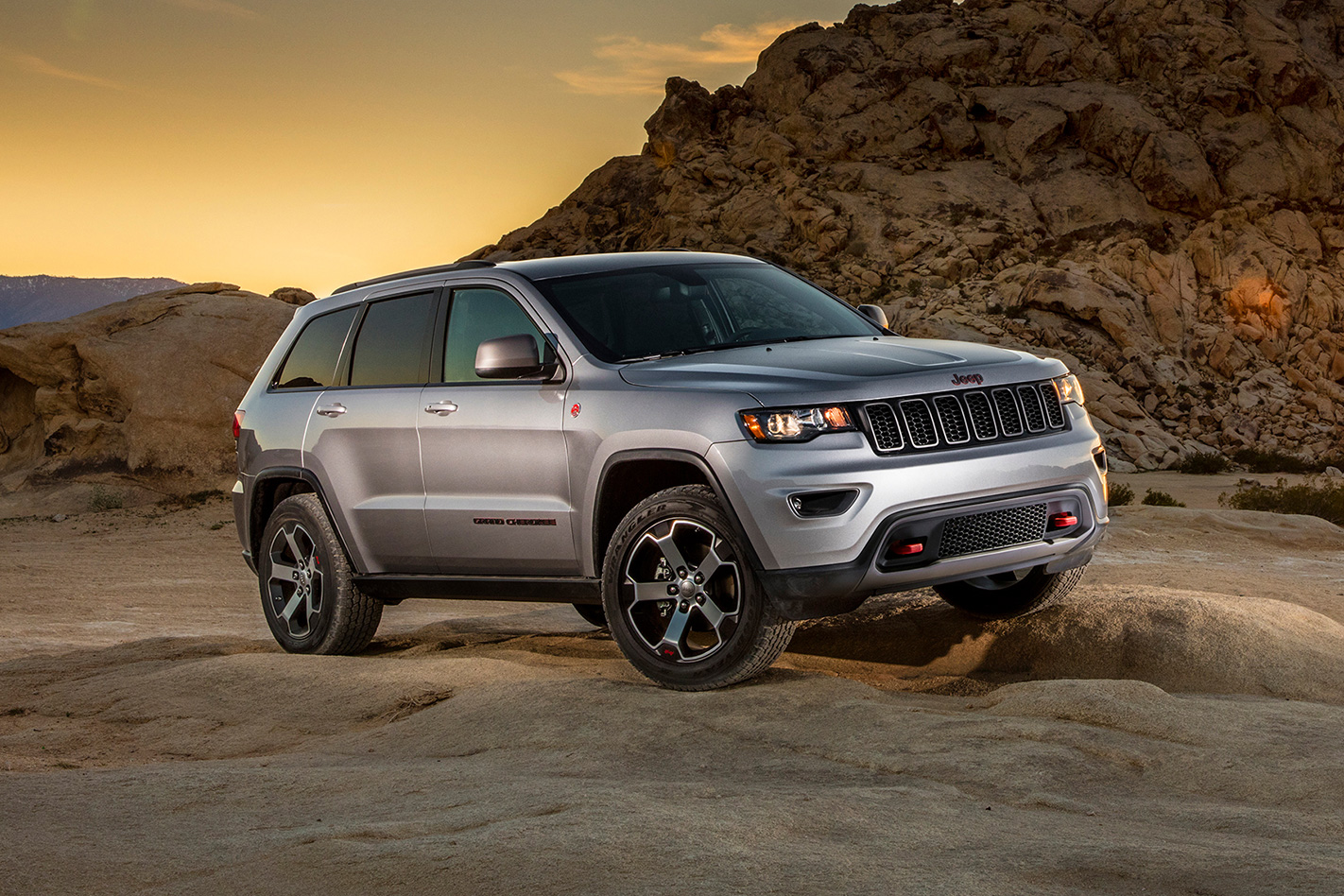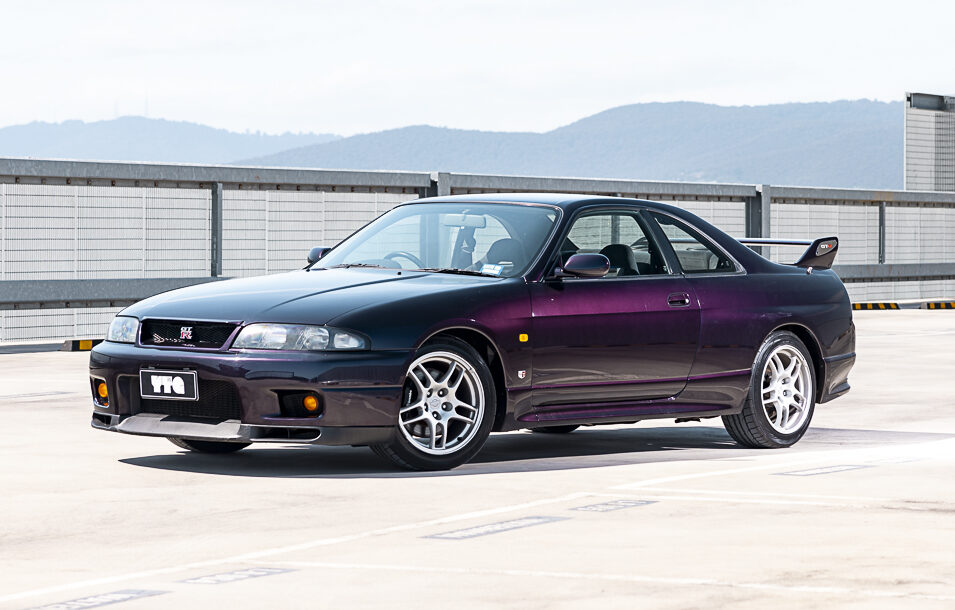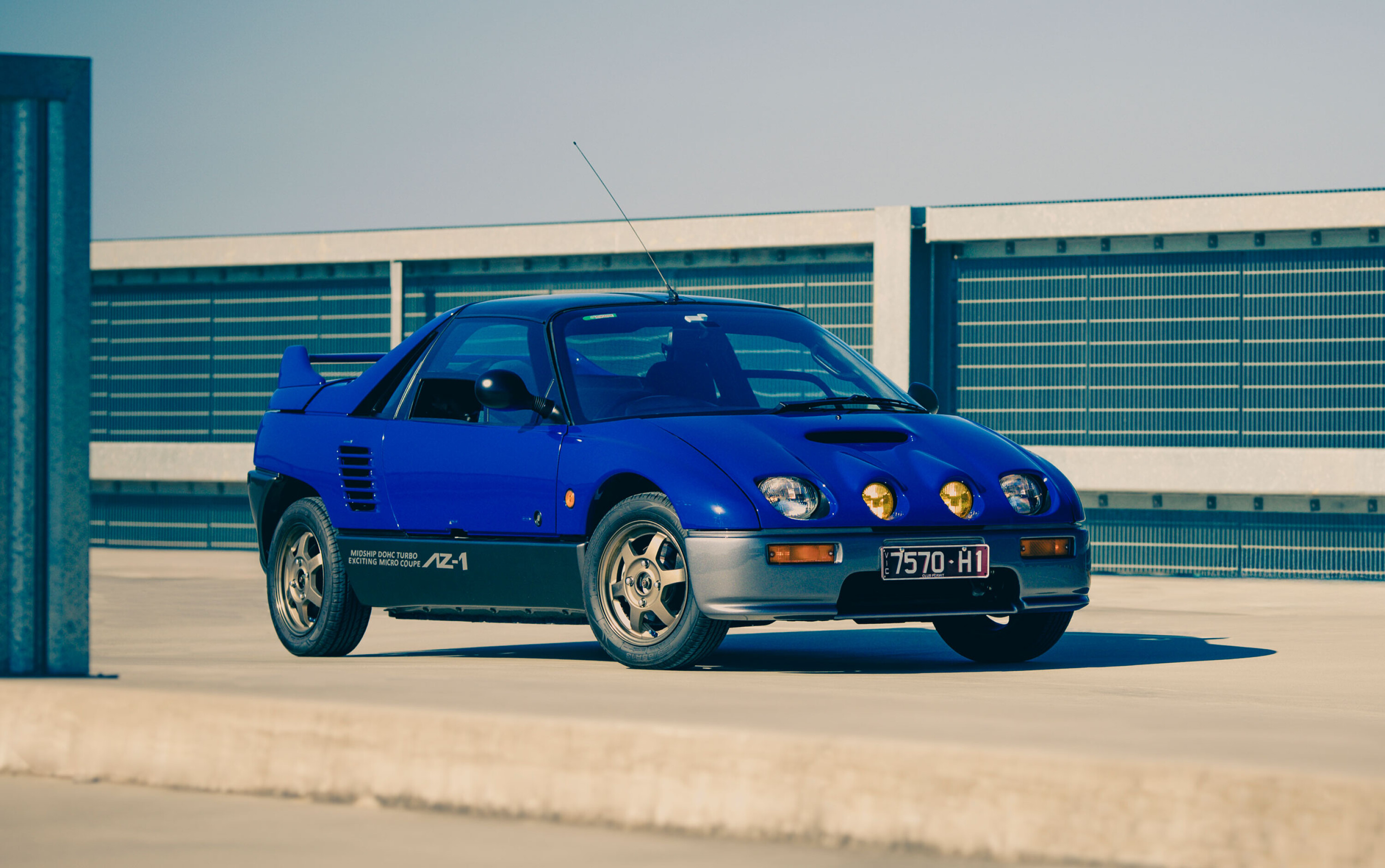AUSTRALIA is on track to post a record number of vehicle recalls in 2014, with a real chance that more than a million cars will head back to dealerships to fix potential safety defects.
In fewer than eight months, almost 70 vehicle recall campaigns have affected 789,000 cars, SUVs, utes and vans, according to the federal Department of Infrastructure and Regional Development, which oversees vehicle recall activity.
More vehicles have been recalled so far this year than in every full calendar year except 2001, when 855,000 were affected. If the trend continues, recall notices could hang over 1.26 million vehicles by year’s end, comfortably outstripping the 1.11 million new-vehicle sales predicted for 2014.
The largest recall so far this year is for 142,000 Toyota HiLuxes – the equivalent of almost four years of sales for the work ute – while the smallest, from Jaguar and Skoda, are for only four cars each.
As of August, Jeep’s Grand Cherokee held the title as Australia’s most recalled car of 2014 with six notices. These have affected more than 76,000 vehicles – including some that have returned multiple times to correct different problems – that were sold as far back as 1993. Problems have ranged from fuel leaks to failing brakes and indicator software glitches, and even a cruise control system that would not switch off.
Holden’s Commodore is not far behind, with five recalls for the VE and VF Commodores. These have affected more than 103,000 vehicles – the equivalent of about three years of sales – for wearing wires, dodgy wiper motors, leaky LPG systems and poor welds.
Recall campaigns have affected 29 of the 51 passenger-car brands in Australia since January 1, with Chinese car makers including Great Wall, Foton and MG all featuring prominently, despite their fledgling status.
However, the department cautioned against criticising recalls, suggesting they did not necessarily mean a vehicle had a fault.
“Many recalls are for inspection only and are precautionary in nature,” a spokesman said. “It would be undesirable if vehicle recall campaigns were seen in a negative light – recalls should be viewed as manufacturers doing the right thing.”
Andrew McKellar, the chief of the Australian Automobile Association, pointed to the increase of in-car technology as a potential source of recalls and was also supportive of the recall process.
“The argument that manufacturers should be open and transparent with their customers if there’s any question over safety is a good rule to follow,” McKellar said. “Recalls are an effective channel for advising the customer that the vehicle may need a modification … in most cases they can be done relatively quickly and seamlessly.”
The reasons for safety recalls this year range from a lack of proper documentation in vehicles to the risk of fires in engines and electrical systems.
Porsche sent out alerts for five of its track-focused 911 GT3s after several caught fire overseas. However, the incident has not turned up on the government’s official records because the luxury German sports car maker said it had collected all the affected vehicles before the government’s deadline to issue a recall.
Three recalls – two for Toyota and one for Mitsubishi – have on their own accounted for almost half the 788,000 vehicles affected to September. Market leader Toyota recalled more than 300,000 vehicles – twice as many as it sold in the same period.
Total recall
Vehicle recalls in Australia are reported to the Federal Government’s Department of Infrastructure and Regional Development and published on the Australian Competition and Consumer Commission’s recalls website, www.recalls.gov.au
Car makers adhere to the voluntary recall code of practice in notifying the department, which involves contacting owners, either directly, through approved advertisements, or both.
The Department of Infrastructure and Regional Development oversees and manages vehicle recalls in Australia, but has no power to force a manufacturer to recall a vehicle. For that it turns to the Australian Competition and Consumer Commission, although a department spokesperson told Wheels: “To date, the government has never needed to invoke its powers to enforce a compulsory recall of vehicles.”
Official recalls are all safety-related and can affect anything from the braking system or airbags to the windscreen wipers, seats or lights. Car makers also conduct “service campaigns”, which are far more prevalent than safety calls; they are to rectify non-safety-related items. That could include a software update or a new radio.
Service campaigns typically relate to any manufacturing defect that does not impact the safety systems of the vehicle, and sometimes the changes or updates will be made without owners knowing.
Recalls can impact sales but the increased acceptance of manufacturing faults as a product of modern motoring means a manufacturer’s sales rarely dive dramatically as a result of intense recall action.
Toyota’s much-publicised “unintended acceleration” recalls of five years ago did little to stop the brand’s sales dominance, while more recently Volkswagen brushed aside a small sales dip following its controversial DSG automatic transmission recalls before returning to growth.
Year | Vehicles sold | Vehicles recalled |
2000 | 787,100 | 180,000 |
2001 | 772,681 | 855,000 |
2002 | 824,309 | 240,000 |
2003 | 909,811 | 385,000 |
2004 | 955,229 | 776,000 |
2005 | 988,269 | 394,000 |
2006 | 962,666 | 339,000 |
2007 | 1,049,982 | 600,000 |
2008 | 1,012,164 | 319,000 |
2009 | 937,328 | 404,000 |
2010 | 1,035,574 | 552,000 |
2011 | 1,008,437 | 446,000 |
2012 | 1,112,032 | 681,000 |
2013 | 1,136,227 | 491,000 |
2014 | 649,818* | 788,000* |
2014 full year projection # | 1,111,000 | 1,260,000 |
Source: Department of Infrastructure and Regional Development and Federal Chamber of Automotive Industries.
* Year to date 2014
# Based on FCAI full-year sales projection and recalls running at same rate as first 7.5 months of 2014.





